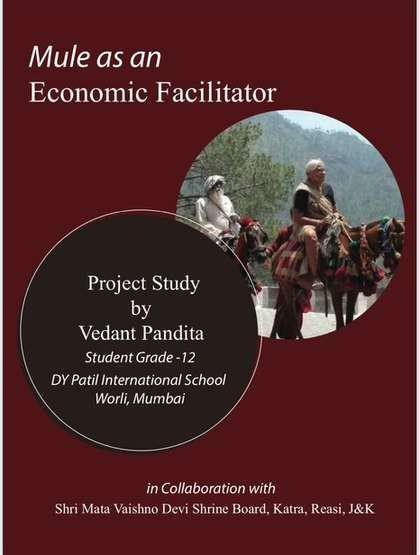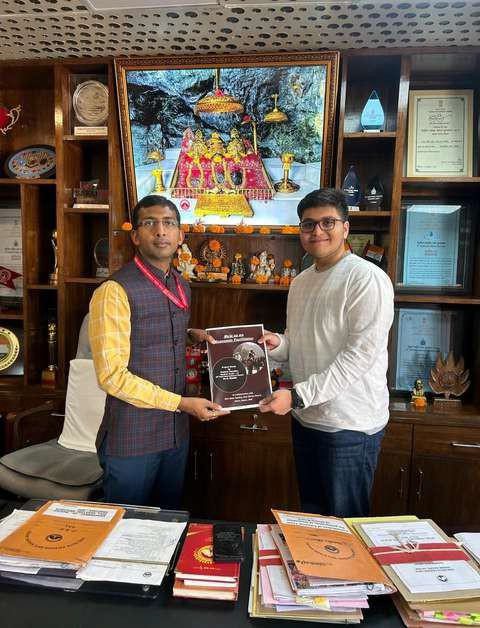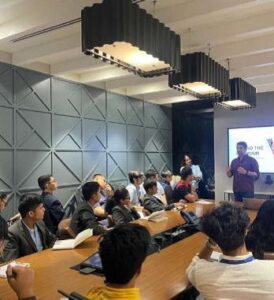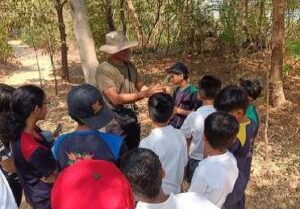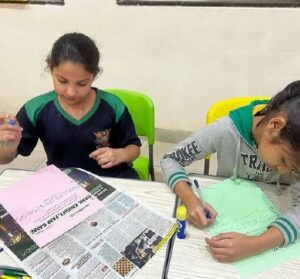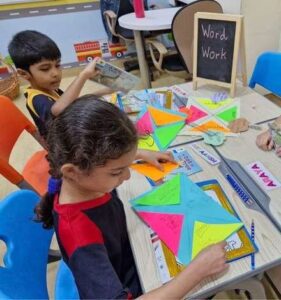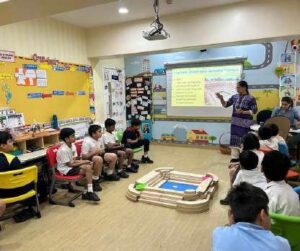Study on Mule Operators as Economic Facilitators
At DYPIS, we take immense pride in fostering compassionate and socially responsible individuals. One such exemplary student, Vedant Pandita, an A-Level student, has undertaken a pioneering socio-economic study on Mule operators as economic facilitators in collaboration with the Mata Vaishno Devi Shrine Board (SMVDSB), Katra, Reasi, J&K.
While past research has largely focused on the environmental and infrastructural aspects of mule transportation, Vedant’s study fills a crucial gap by analyzing the lived experiences of mule owners and renters—individuals whose livelihoods depend on this
traditional mode of transport.
Through a structured socio-economic survey of 100 mule operators, Vedant gathered data from key organizations such as SPCA and SMVDSB, shaping a comprehensive questionnaire covering religion, caste, education, cost-benefit analysis, and the impact of policy changes post the NGT and Supreme Court ruling of 2018.
Key Findings:
- The majority of mule owners belong to the Scheduled Tribes (ST) category.
- Their average daily income is ₹3000, yet 28% remain uneducated, with only 6% completing Grade 12 or higher—a key barrier to
rehabilitation. - The study highlights the urgent need for skill development and employment initiatives to help mule operators transition to
alternative livelihoods.
Vedant had the esteemed opportunity to present his research to the CEO of the Mata Vaishno Devi Shrine Board.
We extend our congratulations to Vedant Pandita for his dedication, research excellence, and commitment to social impact. His work serves as an inspiration to his peers and exemplifies the school’s vision of empowering students to drive meaningful change.


